6 harmful habits that unknowingly kill your car
Many drivers believe that wear and tear on a car is an inevitable process linked to age and mileage. However, the reality is more complex...
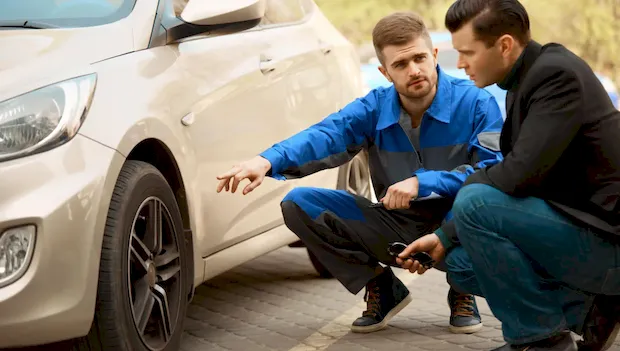
Many drivers are convinced that wear and tear on a car is an inevitable process related to age and mileage. However, reality is more complex: the condition of a car largely depends on driving style and seemingly harmless habits. Some of them go unnoticed for years, but eventually lead to serious breakdowns. Let's look at what actions shorten a car's service life.
1. Ignoring dashboard signals
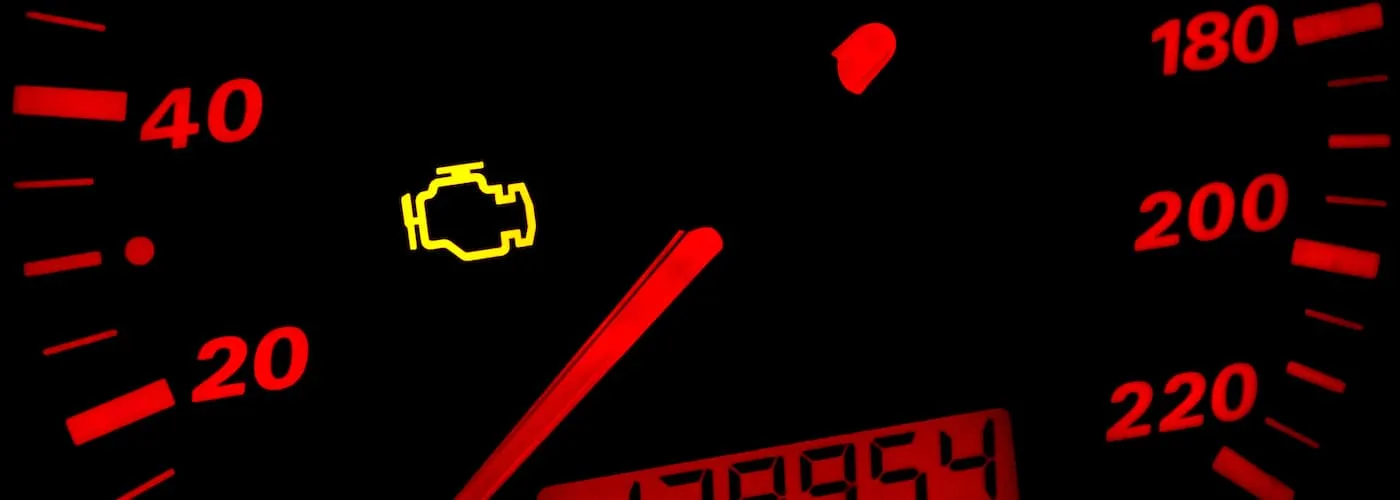
Modern cars may seem invulnerable: start with half a turn, don't require constant attention. However, this apparent reliability relaxes the driver. Meanwhile, warning indicators may signal oil leaks, engine overheating, or low brake fluid levels. Missing even one signal can result in expensive repairs.
2. Exploiting car seat covers

Seat covers may protect against dust, rain, and sun. However, they also create ideal conditions for corrosion: moisture accumulates under the fabric, ventilation is lacking, and sun exposure accelerates the process. Particularly at risk are old cars with damaged paintwork or hidden rust spots.
3. Improper use of the jack
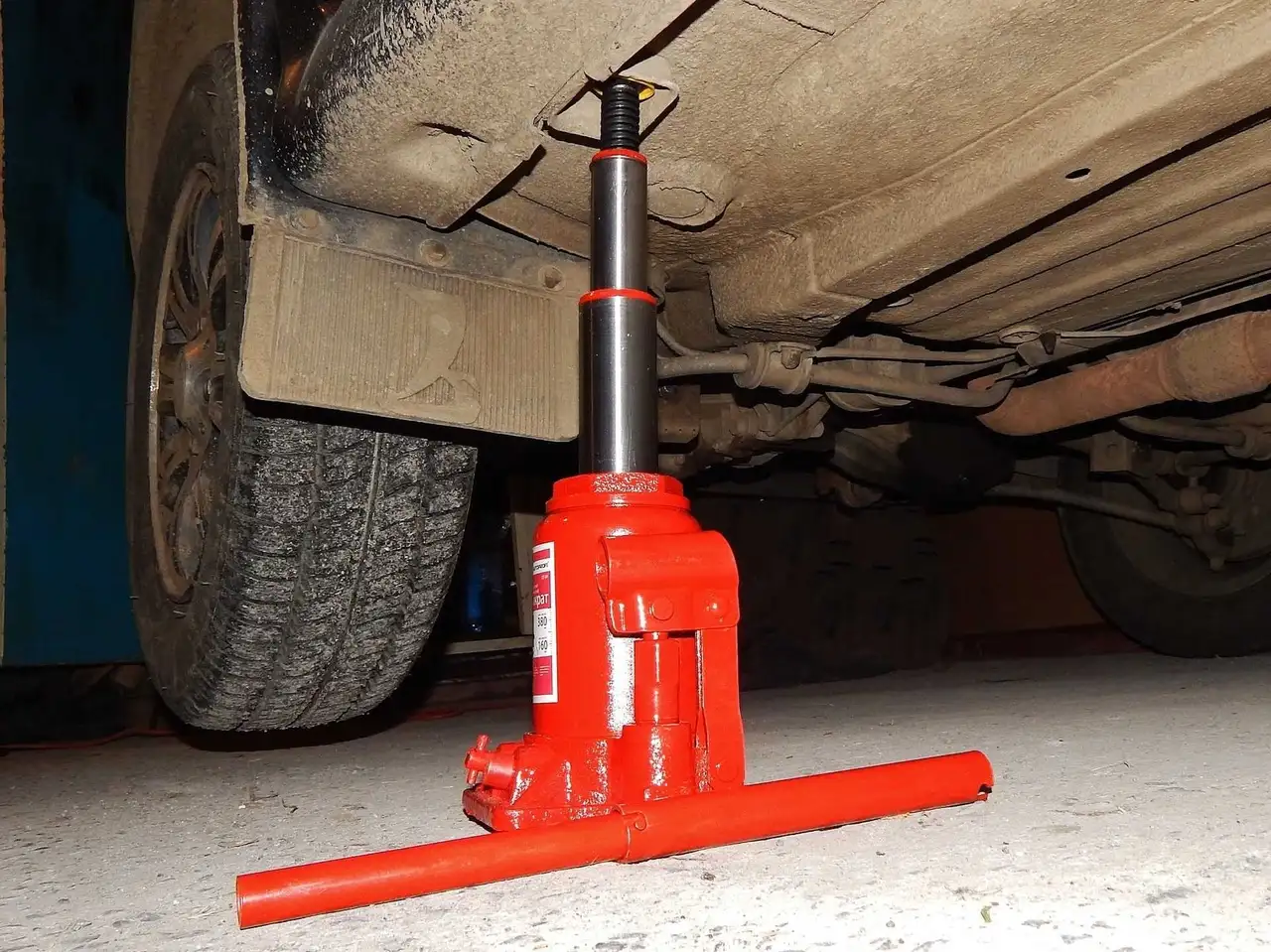
Even a simple operation like lifting a car can cause damage. If the jack is not placed in the designated area, it's easy to damage the rocker panel, fender, or even disturb the bodywork geometry. Modern constructions are often assembled with glue or rivets, making them more vulnerable to deformations.
4. Extended idle time without movement
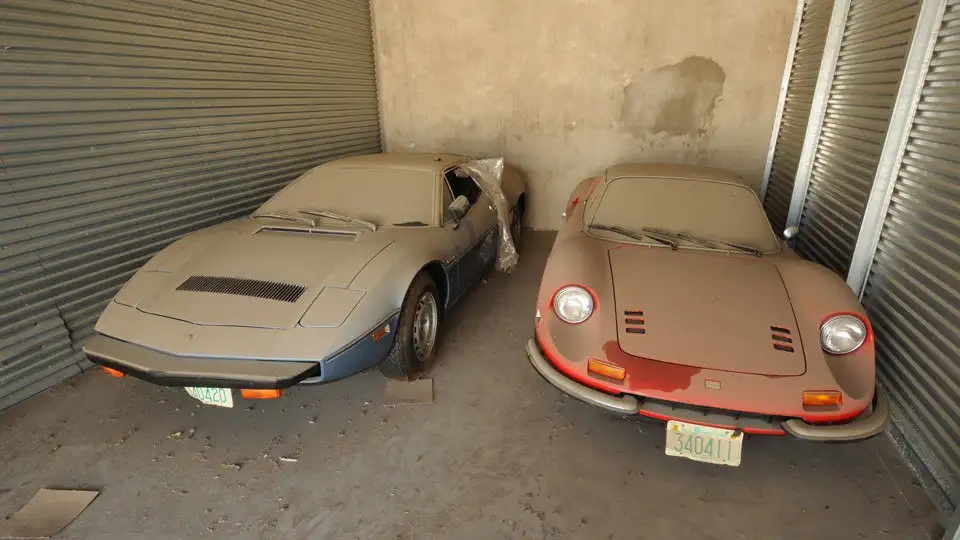
Paradoxically, long-term parking harms a car more than regular trips. Moisture causes rust on bearings, bushings, and internal engine parts. Rubber seals dry out, and the body deteriorates faster without ventilation. Even rare but regular trips help keep the equipment in working condition.
5. Violating maintenance schedule
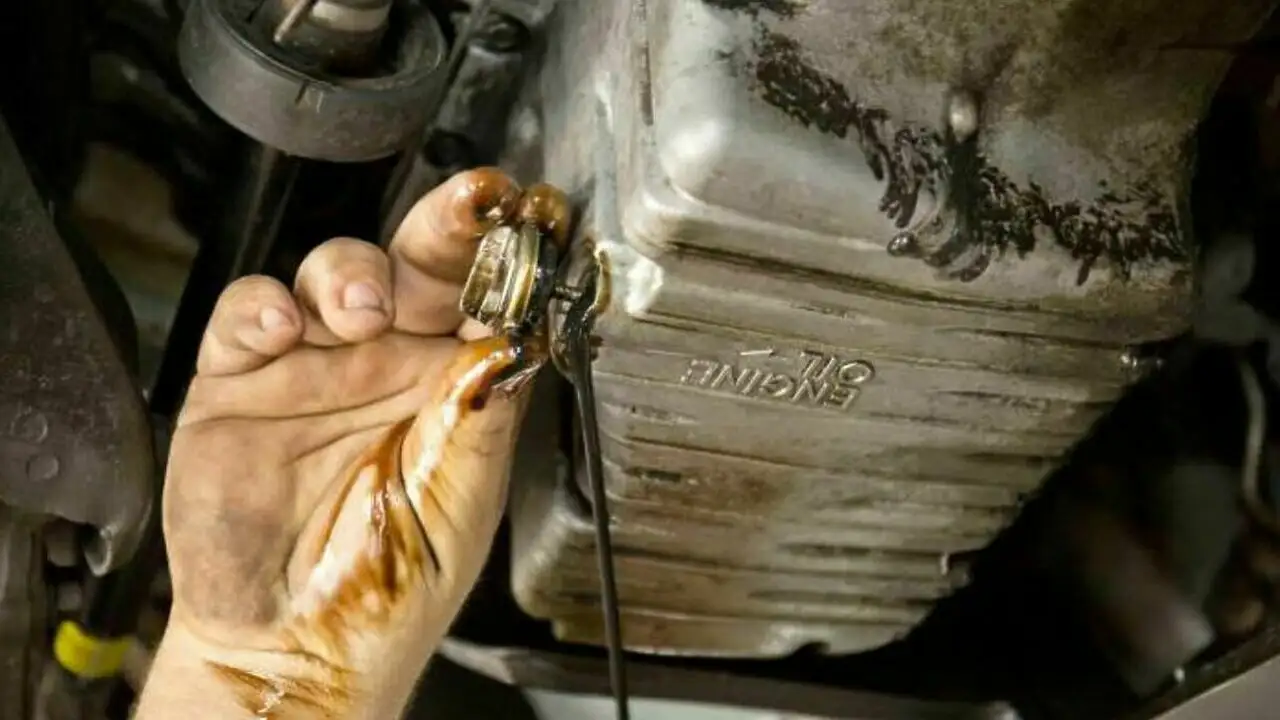
Skipping scheduled maintenance doesn't have immediate consequences, but over time leads to critical breakdowns. Old oil, dirty filters, or worn-out belts increase the load on the engine, transmission, and cooling system. For older cars, neglecting maintenance often means premature failure of the power unit.
6. Saving on spare parts
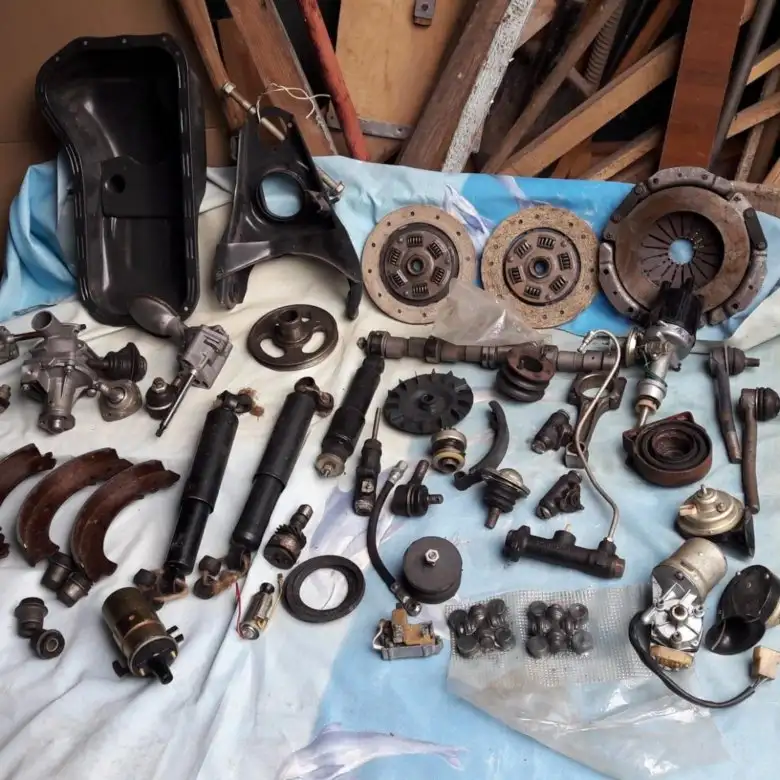
Cheap analogs and counterfeits not only fail quickly but also harm adjacent units. For example, a low-quality bushing accelerates suspension wear, and a counterfeit pump can lead to engine overheating. As a result, instead of replacing one part, an entire assembly needs to be changed.
Conclusion
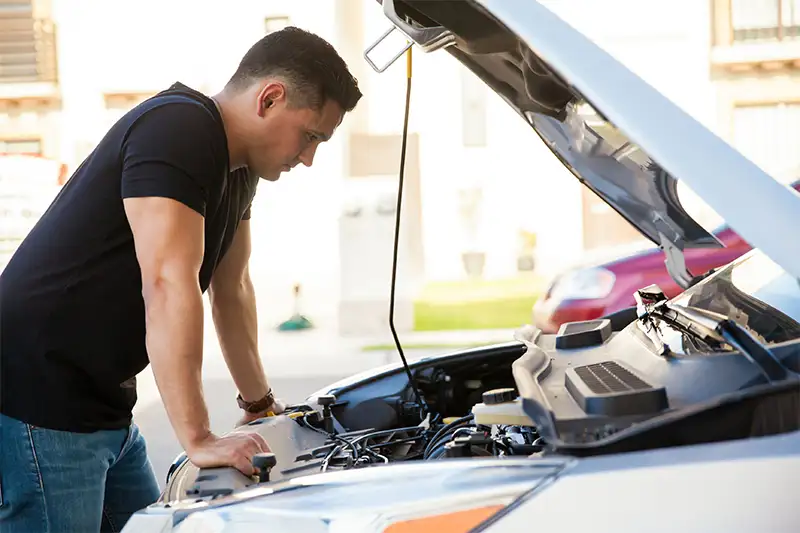
A car's service life largely depends on the owner. Even minor oversights can turn into serious problems over time. Timely attention to details, adherence to the maintenance schedule, and reasonable spending on servicing will help keep the car in excellent condition for many years.
You may also be interested in the news:
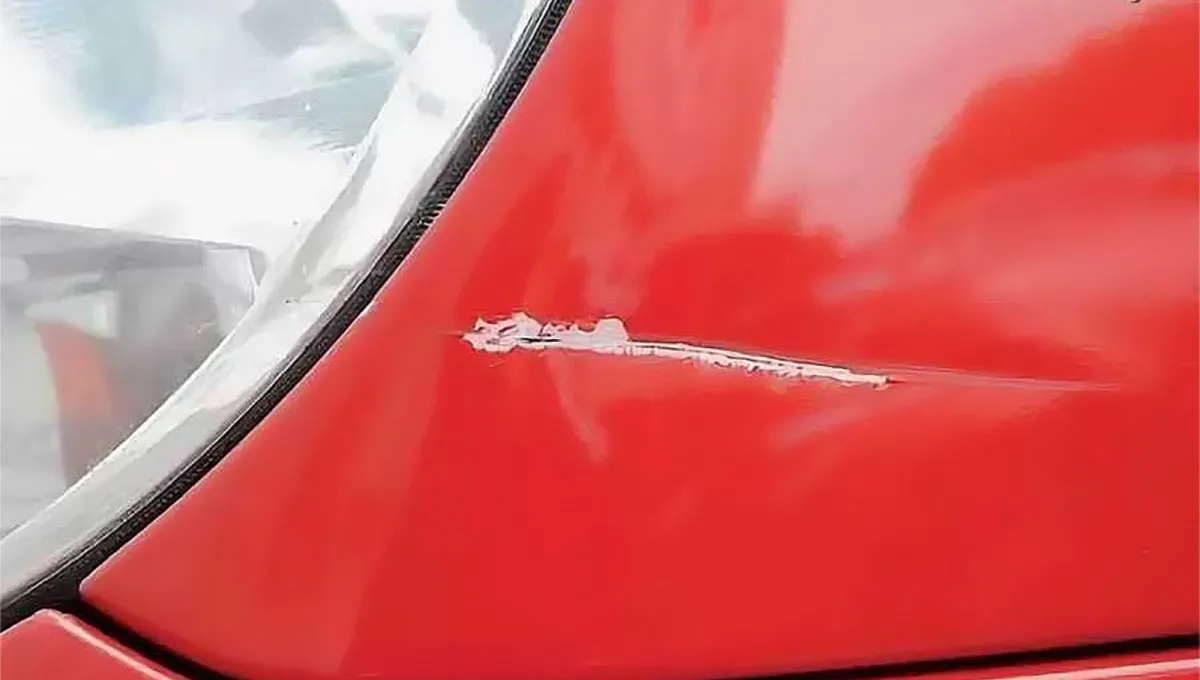
How to Fix a Deep Scratch on Your Car at Home – Yes, It’s Possible
Tiny scratches can usually be removed with a thorough polish, but what about deep scratches? Here’s how to tackle them yourself.
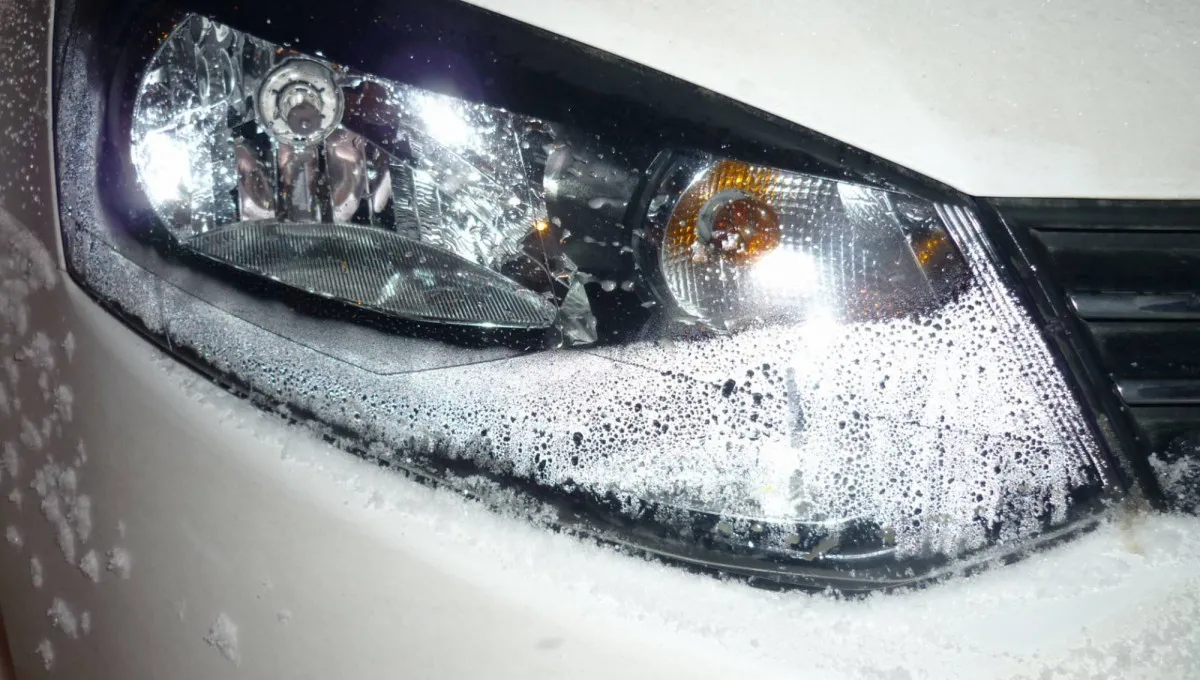
Foggy Headlights: Why It Happens and How to Fix It
Fogging headlights are a common issue many car owners run into, especially during wet seasons.
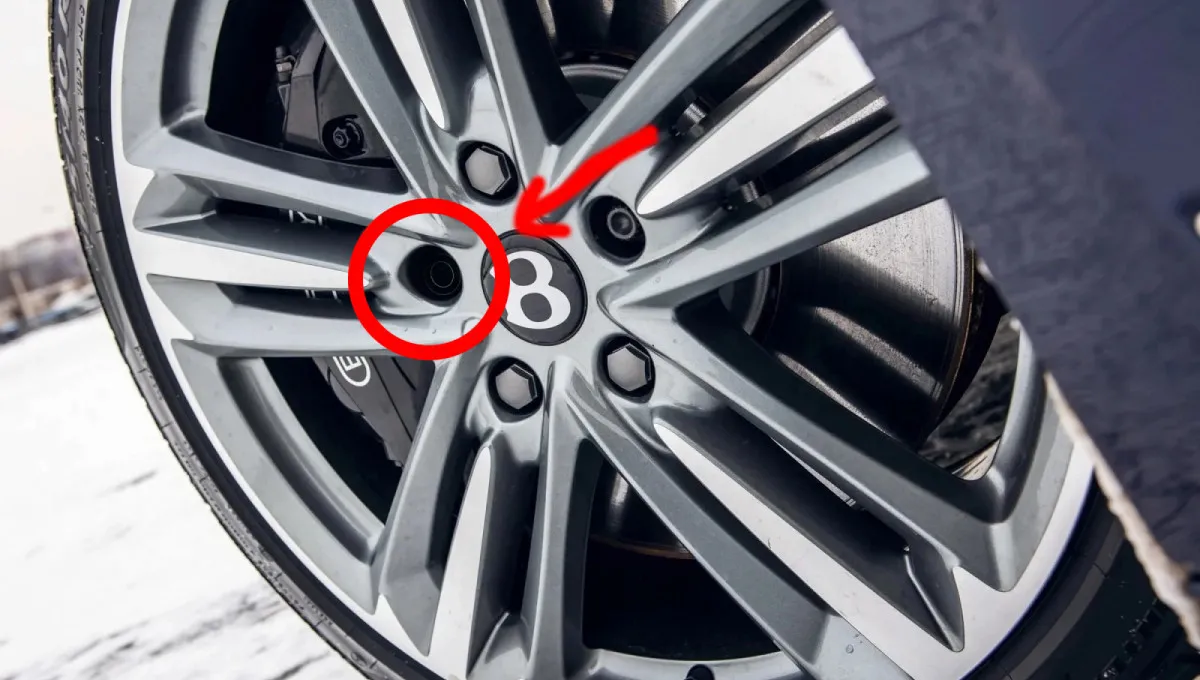
Many Drivers Have Been There: What Happens If You Drive With One Wheel Bolt Missing?
A missing wheel bolt or lug nut is a situation many motorists eventually run into—and it’s more serious than it might seem at first glance.
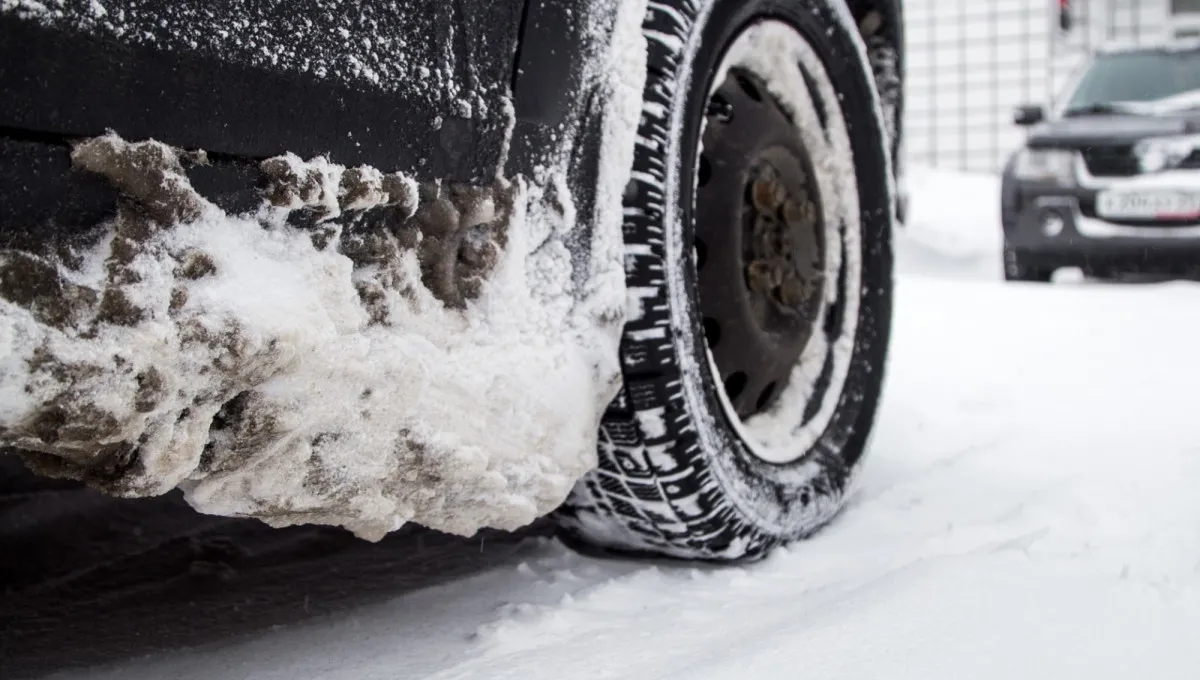
Snow Buildup in Wheel Arches: How to Prevent It
Many drivers who spend a lot of time on the road in winter are familiar with the problem of snow packing into wheel arches, where it hardens and becomes difficult to remove.
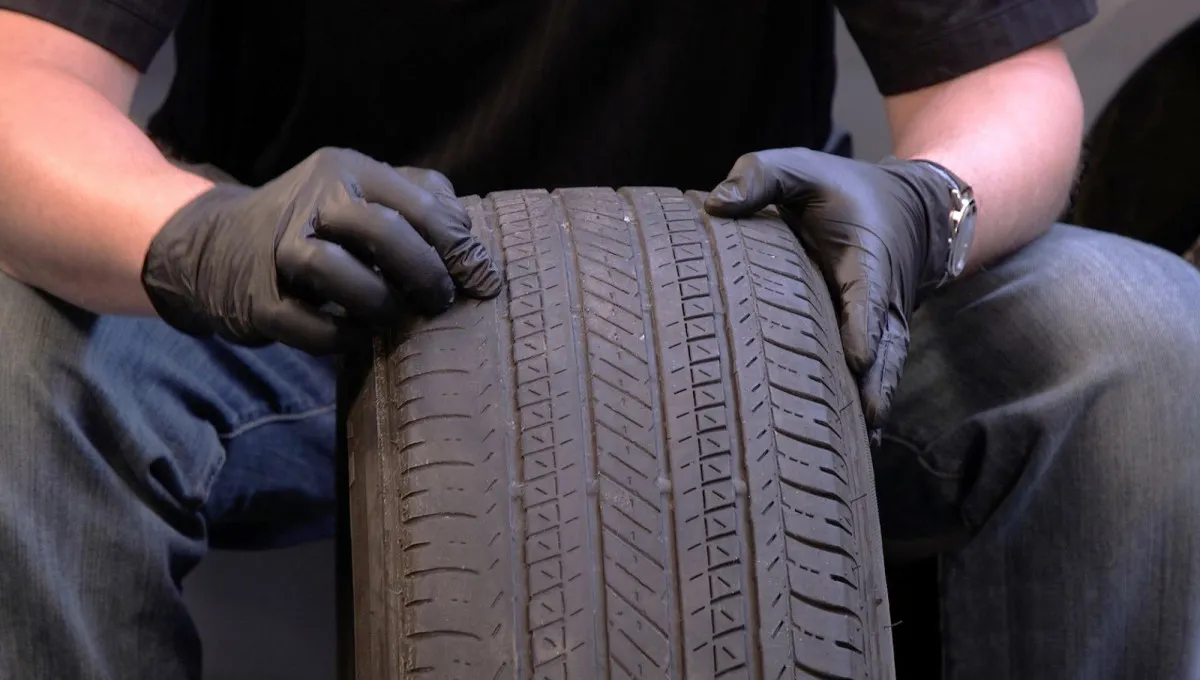
Why Car Tires Lose Their Shape—and What That Means for Drivers and Safety
Tires don’t deform overnight, but when they do, the effects can show up in both vehicle behavior and overall road safety.